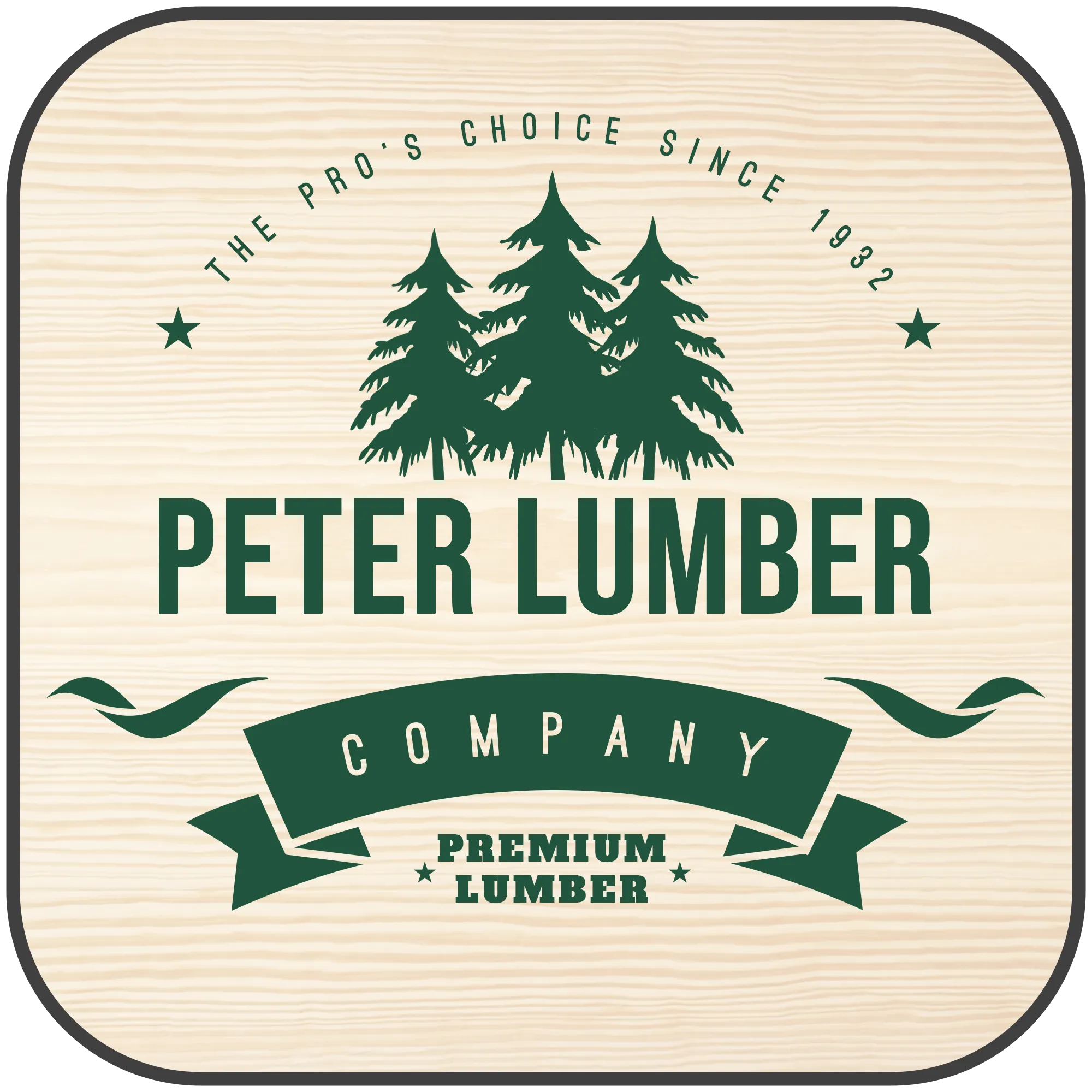Four P.R. Strategies to Increase Brand Awareness

Customers are willing to pay a premium for trustworthy brands. A Reader’s Digest Most Trusted Brands Study in 2018 found that consumers are willing to pay more money to support products/services from brands they trust.
Here are four time-tested strategies to build your company’s brand:
1. Define Your Company’s Vision And Mission
Clearly defined and written vision and mission statements are necessary to communicate your brand in the market. You may think it’s a little hokey, but it’s important to take this seriously and invest the time to create statements that are true to your vision and mission. They will play a pivotal role in defining the aim and direction of your company and your brand.
Make sure your vision statement states where you want your company to be in the future and that your mission statement outlines exactly how you will achieve that goal. Be as specific as possible when writing your mission statement because it’s the framework for your company’s road map to success.
2. Identify Your Brand’s Unique Selling Proposition
Building a world-class brand requires having a unique selling proposition (USP) that resonates with customers. It’s what defines your brand in the market and sets it apart from the competition.
When creating your brand’s USP, you’ll need to answer the following questions:
Who is your target market?
How are you solving a customer’s problem?
What are the benefits to your product or service over your competition?
You’ll see patterns emerge when you review the answers to those questions, which will help you create your USP. Don’t rush the process. Seek input as needed so you have the most appealing and distinct USP as possible.
3. Know Your Target Audience’s Favorite Media Outlets
Building awareness requires getting your brand in front of the right people. With the internet, it’s now easier than ever to identify specific markets and media outlets. Compile a list reporters, editors and influencers at local, regional and national media outlets, as well as the smaller, niche publications/websites and blogs that cater to your target audience.
PR is a relationship business, so introduce yourself and your company to the reporters and editors. Find out how to contribute bylined columns or guest blogs so you can generate publicity about your company and brand.
4. When Pitching the Media, Make It Personal
As I wrote in a previous column about using P.R. as a lead generation tool to increase sales, when pitching a story idea to a journalist, the sales rules and tactics you already know apply. So when working with the media don’t overhype or try to sell journalists.
Focus on how your product or service solves problems or customer pain points. Some of the most effective publicity involves customer success stories. You can pitch the media about the bells and whistles of your product or service, but at the end of the day it’s all about how you are helping customers.
Branding is a key component of every marketing campaign. Including public relations in your branding strategy will help you rise above the noise in the market and connect with customers.
